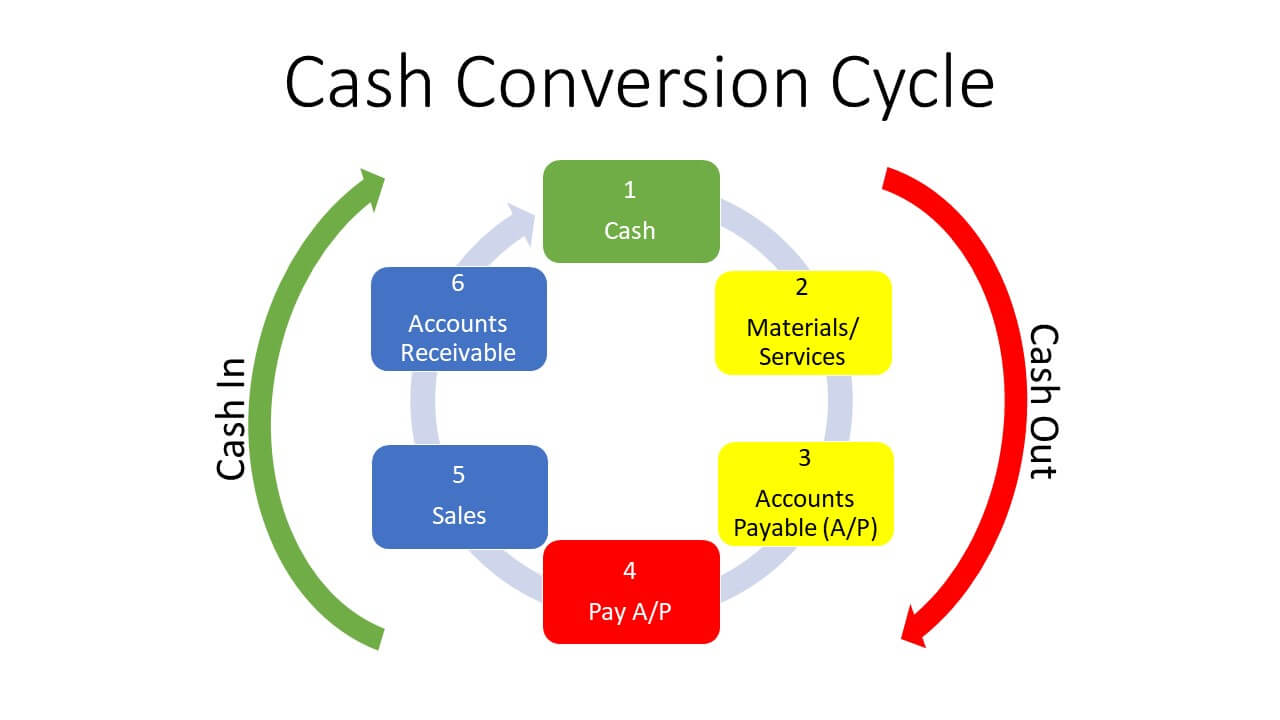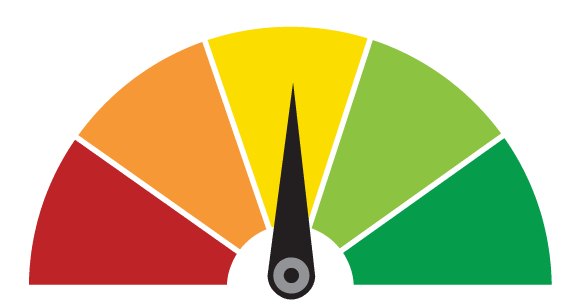
The payment plan for the MYOB AccountRight COMPLETE Training Course package for $20 per week has proven to be popular and is still currently available. Better still we’ve just launched a payment plan for the Bookkeeping Academy COMPLETE COMBO – that means you can pay a low weekly fee of $20 and receive training on EVERY major accounting program in Australia, from Beginners’ to Advanced!
Continue reading NEW: MYOB, Xero & QuickBooks Training Courses for $20 per week!






















